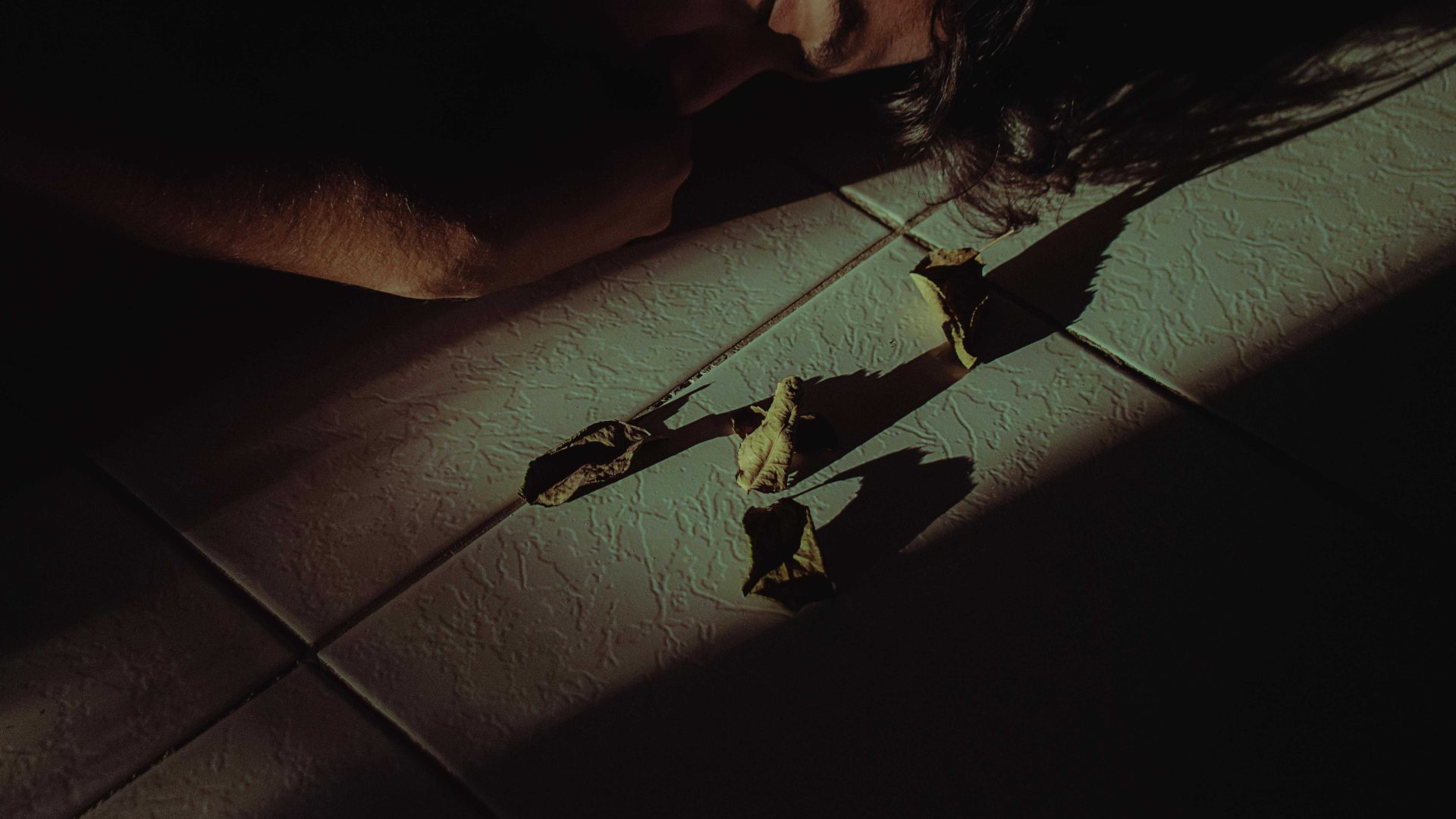By Jenny Tudor, Psychotherapist and Counsellor.
Domestic abuse is often perceived primarily as a problem in which women are the victims and men are the perpetrators. While this viewpoint is valid, especially considering the severe global crisis of violence against women, it overlooks an important and frequently neglected demographic: male victims of domestic abuse.
Societal stigma, gender expectations, and myths surrounding masculinity can create significant barriers for men when seeking help and sharing their experiences. It is crucial to acknowledge that domestic abuse can affect men as well. Furthermore, recognising the essential role that therapy can play in supporting men's recovery and empowerment is vital.
The Reality For Male Victims Of Domestic Abuse
Abuse can be experienced by people of all ages, ethnic backgrounds, genders, gender identities and sexualities. It affects people of different abilities and happens across every class background.
Domestic abuse against men can encompass various forms, including physical violence, emotional manipulation, verbal abuse, financial control, and sexual coercion. Men can and do suffer significant harm from their partners, leading to comparable mental, emotional, physical, social, and financial impacts as experienced by female survivors.
The latest Office for National Statistics figures for 2023/24 show that in that year, one in three victims of domestic abuse are male, equating to 712,000 men (3.0%) and 1.61 million women (6.6%) [ONS 2023/24].
One in seven men (13.7%) and one in four women (27.4%) will be a victim of domestic abuse in their lifetime. This is 2.95 million men and 6.4 million women. (ONS figures 2023/24).
The societal stigma surrounding male victims of domestic abuse often originates from societal gender roles that expect men to embody strength, stoicism, and dominance. These stereotypes can make it particularly challenging for men to acknowledge and accept their experiences and seek help. Feelings of shame, disbelief, or fear of appearing weak can contribute to their silence.
Challenges For Men Seeking Support And Help In The UK:
Several obstacles prevent men from seeking help for domestic abuse. The following list points towards some of the barriers men face when considering support:
Social Stigma: Men may hesitate to seek help due to fears of judgment or a lack of understanding from friends and family. The misconception that domestic abuse only happens to women, coupled with societal pressure for men to be self-reliant and strong, can serve as a significant deterrent.
Lack Of Awareness And Understanding: Some may not recognise their experiences as abuse due to certain behaviours in relationships that are normalised by societal norms. Unfortunately, some men do not realise or acknowledge that they are victims of abuse until they have lost control of their lives and become isolated. Some may attribute the abuse to being in a dysfunctional relationship, or they may wrongly believe they deserve it.
Insufficient Resources: There are fewer resources, such as shelters and support groups, specifically tailored for male victims of domestic abuse. Men are often not welcomed in female-oriented spaces and may have nowhere else to turn. Research shows that only 4.8% of victims of domestic abuse who are supported by local domestic services are men, according to SafeLives data. This highlights how few men are being supported by local domestic abuse services.
Legal Challenges: Men may face bias within the UK legal system, and sometimes, claims made by male victims are taken less seriously by police and the courts compared to those of female victims. Additionally, men may be hesitant to report abuse out of concern that the abuser will get in trouble or due to doubts that the authorities will believe them or act.
What Support Is Out There For Men? Help For Men In Abusive Relationships.
Therapy is crucial in supporting male survivors of domestic abuse as they navigate their experiences, heal from trauma, and rebuild their lives. It provides a safe and non-judgmental space for men to express their emotions and experiences.
Therapists can play a pivotal role in validating men's experiences and empowering them to recognise the abuse they have endured. Therapy also enables men to process the emotional trauma associated with abuse. It's essential to support male survivors of domestic abuse as they navigate their experiences, heal from trauma, and rebuild their lives.
Therapists are skilled at helping men develop effective coping strategies to manage stress, anxiety, and depression that may arise from experiences of abuse. They play a crucial role in rebuilding self-esteem, as abuse often diminishes an individual's sense of worth. As a therapist working with domestic abuse survivors, I work to establish trust and a positive therapeutic relationship, which allows men to work towards regaining their confidence and self-esteem, which are essential for taking control of their lives.
Additionally, therapists can assist men in cultivating healthy coping mechanisms to address the emotional challenges resulting from abuse. Therapy is instrumental in restoring self-esteem and confidence, critical steps in reclaiming agency over their life. Therapy can help establish and maintain healthy relationships by enabling men to recognise patterns of abuse and avoid future abuse.
The issue of domestic abuse against men is of great severity and requires heightened awareness, understanding, and recognition of men's specific needs. Therapy can be instrumental in assisting male victims in their journey to healing from trauma, rebuilding self-esteem, and forging healthier paths forward.
Yet we need to tackle the obstacles to seeking help and foster supportive environments; therapists must ensure that all victims of domestic abuse begin to receive the care and support they are entitled to. Men who have experienced abuse need to know where support is available, and we, as therapists, talking about the issue and normalising it – is a good start.
This article was written by Jenny Tudor, to find out more about Psychotherapist and Counsellor Jenny Tudor and the services she offers click here, visit her website www.jennytudorcounselling.co.uk, or click the button below.


